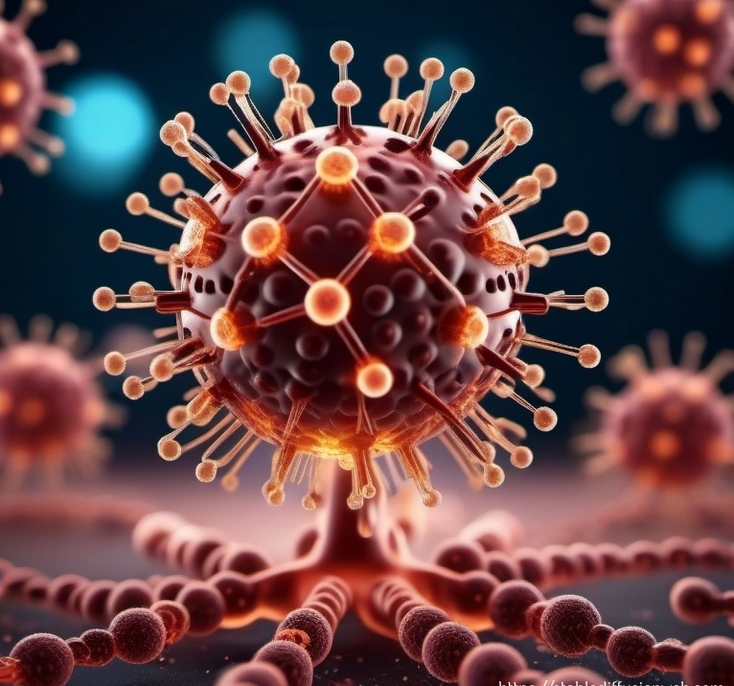Blog Post
The Role of Antibodies in COVID-19 Research: Reagents and Breakthroughs
Introduction: The COVID-19 pandemic has underscored the significance of scientific research in addressing global health challenges. Central to this research is the vital role that antibodies and reagents have played in advancing our understanding of the virus, developing diagnostics, therapies, and vaccines. In this blog post, we will explore how antibodies, coupled with essential reagents, have been instrumental in the fight against COVID-19.

The Importance of Antibodies in COVID-19 Research Antibodies, also known as immunoglobulins, are proteins produced by the immune system in response to foreign invaders like viruses and bacteria. They serve as a powerful defense mechanism, binding to specific pathogens and neutralizing them. In the case of COVID-19, antibodies have emerged as a key player in understanding the virus and fighting the pandemic.
Antibodies as Diagnostic Tools One of the primary roles of antibodies in the fight against COVID-19 is their use in diagnostic tests. Scientists have developed highly specific and sensitive tests that rely on the detection of COVID-19 antibodies in patient samples. This approach has enabled the identification of both current infections and past exposure to the virus.
The Key Reagents in Antibody Testing Behind the scenes of COVID-19 antibody testing are essential reagents. These reagents are critical for the accuracy and reliability of the tests. They include:
1. Antigens and Antibodies
- COVID-19 antigens are used to detect antibodies in patient samples. On the other hand, purified antibodies against the virus serve as controls in these tests, ensuring their accuracy.
2. ELISA Kits
- Enzyme-Linked Immunosorbent Assay (ELISA) reagents are instrumental in antibody testing. They allow for the quantification of antibodies in patient samples, providing valuable information about the immune response to COVID-19.
3. Quality Controls
- Reliable controls and standards are essential reagents that verify the accuracy of antibody tests, providing confidence in the results.
Antibodies in Therapies and Vaccines Antibodies also play a pivotal role in the development of therapies and vaccines for COVID-19. Monoclonal antibodies, specifically designed to neutralize the virus, have been authorized for emergency use in the treatment of COVID-19. Moreover, antibodies generated by the immune response following vaccination are central to the protective effect of COVID-19 vaccines.
The Ongoing Research and Future Prospects Research into antibodies and reagents for COVID-19 continues to evolve. Scientists are exploring their potential not only for diagnostics but also for treatments and the development of new-generation vaccines. Additionally, reagents are continually refined and optimized to enhance the precision of COVID-19 tests.
Conclusion The role of antibodies and essential reagents in COVID-19 research cannot be overstated. They are the linchpin of diagnostics, therapies, and vaccines, offering hope in the face of a global health crisis. Whether in the laboratory or the clinic, the synergy between antibodies and reagents has been instrumental in advancing our understanding of COVID-19 and shaping our response to this unprecedented challenge.

